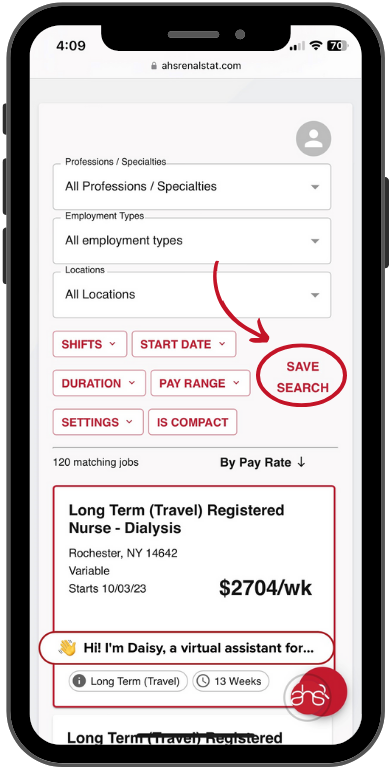As a nurse, time management and critical thinking skills are vital to providing the best care for your patients. Time management is something that doesn’t always come natural, but can be easily taught and practiced. With discipline and intention, you can become a master of time management. Here are five essential time management tips for nurses:
Prioritize
As we all know, a shift rarely unfolds in a pre-planned, linear fashion. In nursing, patients’ conditions can change in a heartbeat, all while call lights are going off and you haven’t gone to the bathroom, much less even had lunch.
All day you are confronted with multiple tasks and demands. How do you decide what to do first? Remember that you can only choose one, and that means not choosing others. Be rational about what you should tackle first. Make your decision based on patient safety and time-sensitive activities.
For example, say you have a wound care dressing and an antibiotic due at 10:00 am. Hang the antibiotic first because it’s time-sensitive. That dressing change can be rescheduled without harm to the patient.
Delegate
Delegation is crucial to your success as a nurse. Always help with patient care when you are able to, but if you find yourself unable to complete your tasks on time due to unforeseen circumstances, then you might not be delegating enough!
Be careful with this though, as you may lean to gravitating to comfortable tasks only and will stunt your growth of developing new skills.
Stay in Control
If you have a hard time leaving a patient’s room due to lengthy conversations, it’s only a matter of time before you will get behind. Recognize when this is happening and learn the skill of tactfully extracting yourself from the room and the conversation.
Watch what your preceptor does or says to exit the room while you’re still meeting the patients’ needs.
Anticipate
Though it may sound off-putting, always think, “What’s the worst that can happen?” Here are some examples:
When you’re starting an IV, anticipate that you may not get it at the first stick. By anticipating what might go wrong, you take two catheters into the room which saves you a trip back to the supply room.
You survey an empty room where a patient will be returning from surgery. Is the SCD pump in the room and ready? Is there a water pitcher in the room? Planning is better than catching up.
Request Feedback
At the end of your shift ask your preceptor, “Can you give me feedback on my performance today?” “Is there something I could have done differently?”
This will not only keep your preceptor accountable but it will keep you from being blindsided.
Always ask for measurable goals. Make sure they are clear and have detailed expectations so results can be measured accordingly. For example, cleaning five extra rooms a week or helping three of your coworkers with their tasks.
By focusing on these tips, you will be well on your way to meeting your time management goals!


